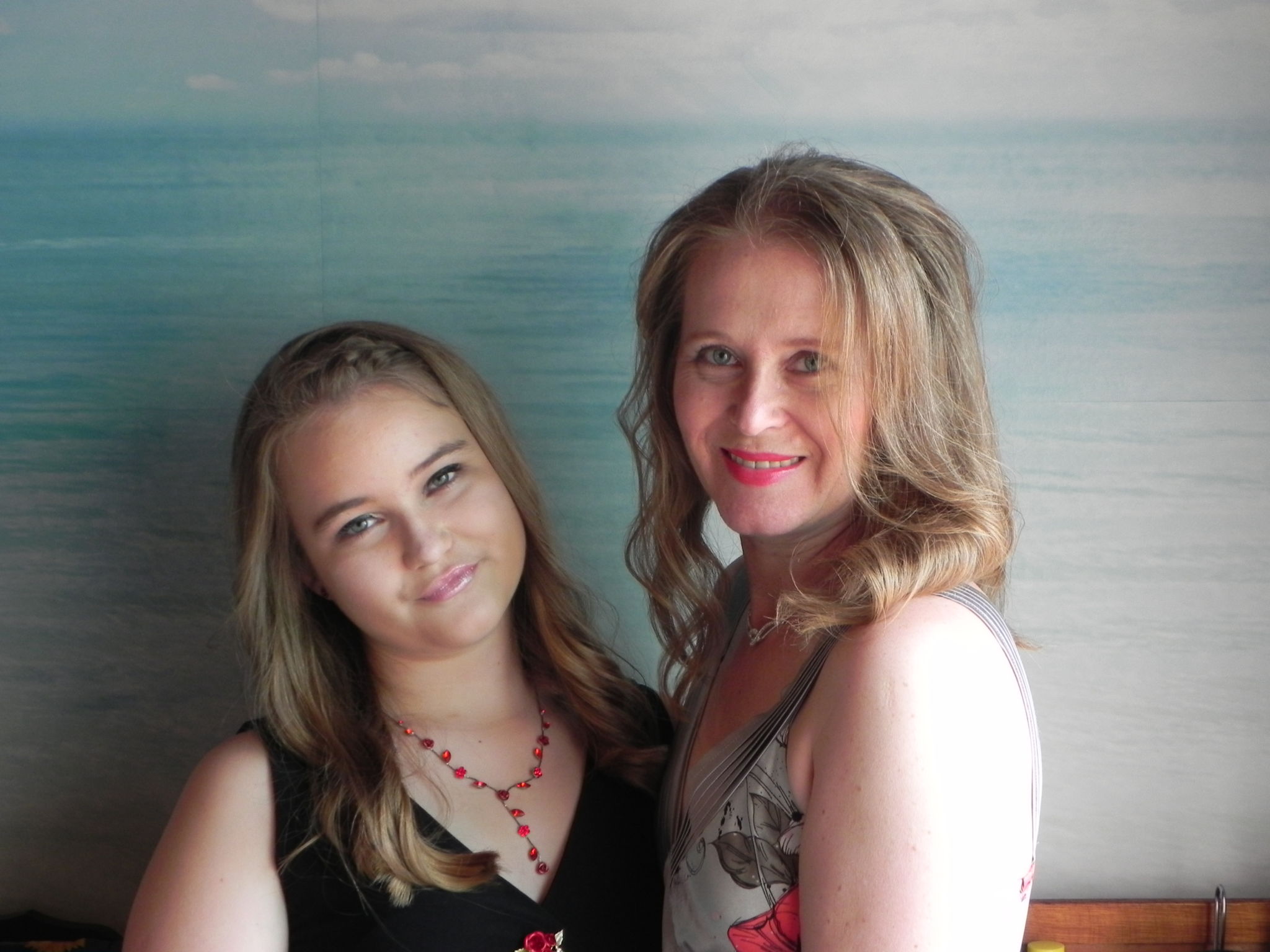“Don’t you have work to do?” asks 16 year old Abigail pointedly, with a raised eyebrow and one hand on her hip.
The past three years have seen something of a reversal of roles in the van der Merwe household as soon to be Dr Liza van der Merwe has had to use every spare moment to get through her PhD research while working full time.
“I couldn’t have done it without the help of my husband and daughter,” she says. “They have been so supportive.”

Liza and her daughter, Abigail
Following a degree in computer science and mathematics, Liza began working at ESKOM. She grew increasingly interested in the concept of resilience as a means of addressing risk.
She was soon asked to undertake the role of resilience assessor, leading to an indepth study titled: Advancing resilience assessments: the social dimensions of electricity supply in South Africa.
Electricity supply serves as a lifeline, is foundational to the effective functioning of modern society, and powers multiple layers of other critical infrastructure systems. In South Africa, Eskom, the national state-owned electrical utility, generates 95% of the country’s electricity, making the South African economy highly dependent on the utility. Eskom has been caught up in socio-political, technical and financial challenges, including corruption and state capture allegations.
Resilience is a systems-level outcome that emerges as a result of dynamics within complex adaptive systems. An essential service, such as electricity, is resilient if the complex adaptive socio-technical system, from which it is produced, has the capacity to sustain delivery of the core service amidst disruption and ongoing change. A fundamental departure point for this study was the realisation that a resilient technical infrastructure is not enough to ensure the supply of essential services is resilient. The dynamics of the embedded social component is often overlooked, but contributes both inherent strength and vulnerability to the functioning of the socio-technical system that delivers the essential service.
The dissertation uses the implications of complexity thinking and resilience thinking to investigate approaches to assess and build the resilience of the embedded social resources required to ensure resilient essential service delivery.
“While working full time and completing a PhD was challenging, it has been immensely rewarding to see how this research has impacted on the organization.”
“Among many other things, over the past three years, there has been a shift from a focus on technical infrastructure resilience to the resilience of essential services produced by complex adaptive socio-technical systems, as well as a shift from the relentless push for top-down Board-dictated deliverables to a recognition of the need for bottom-up participation.”
Van der Merwe says that the study has also changed her. “I’ve been so enlarged in my thinking, but also so humbled by how little we really know. I will continue this exploration. I’m determined to make a contribution and see positive change.”